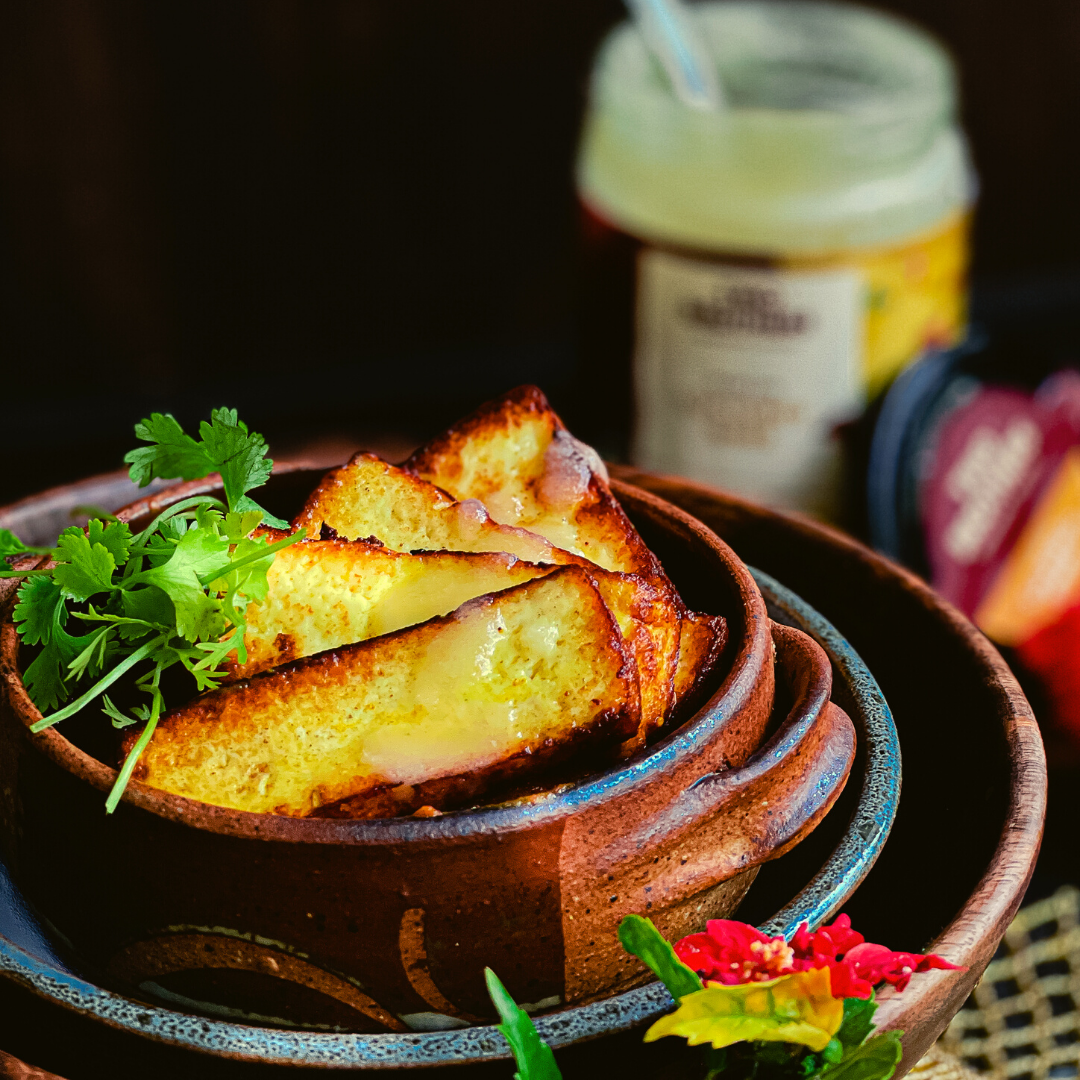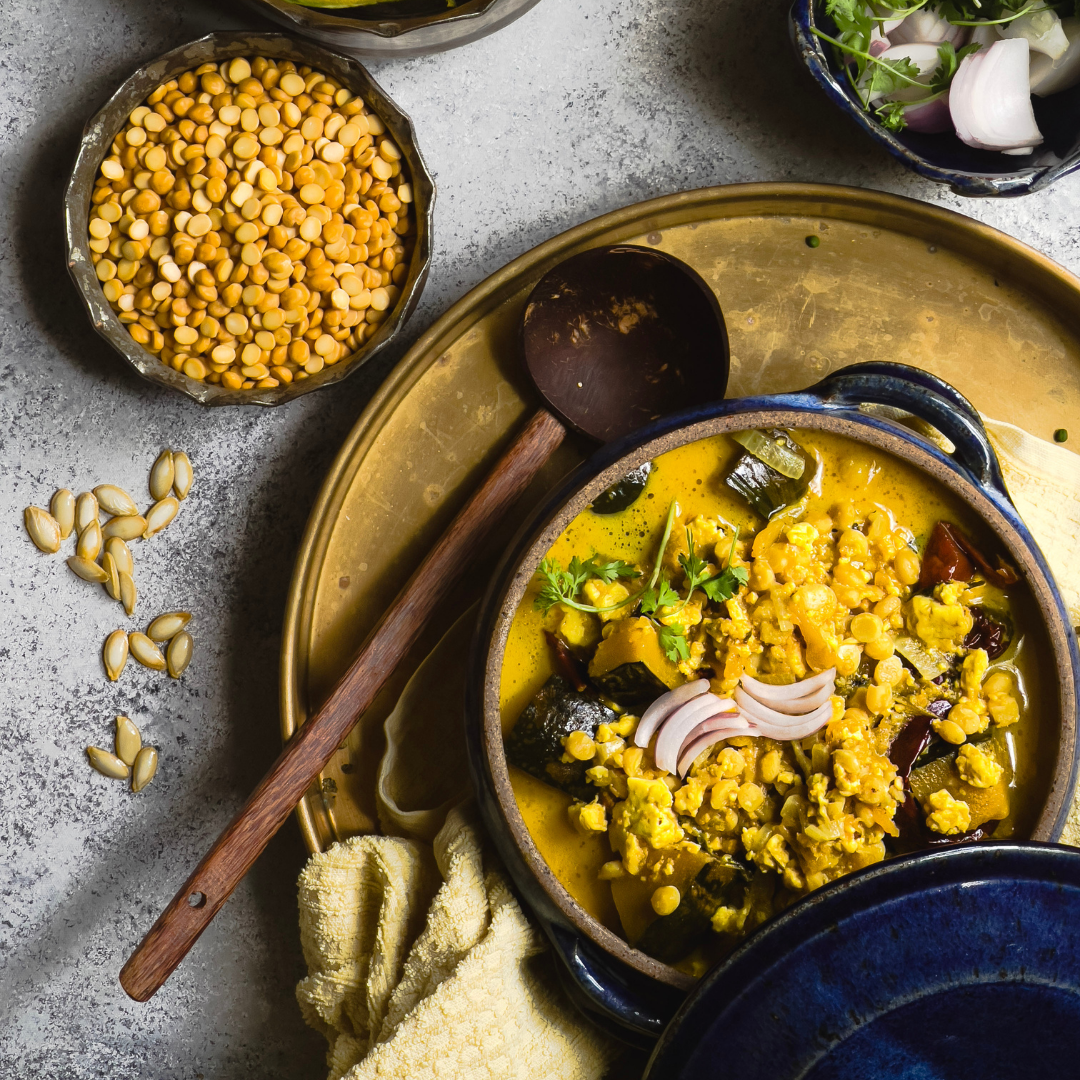-- Written by the TBOF Editorial Team --
What food means to us now is vastly different from what it meant to our grandparents. The food industry is growing at such a rapid pace that the consumer is often left overwhelmed with myriad choices. Ingredients are no longer specific to a region or even a country. Community centric diets have given way to global cuisine.
But within the confusing maze of all the food information floating everywhere, is also a realization of going back to the roots. A miniature attempt at kick starting the reset button is underway and like-minded farmers are reaching out to support that thought process.
When Two Brothers Organic Farms was founded, it was with the single-minded intention of bringing urban education into the rural farming set up. The need for sustainable food production was keenly felt. Agriculture can no longer be perceived as the occupation of the agrarian community who are largely illiterate. The wealth of knowledge that the Indian traditional farmers possess is beyond what we can imbibe from hours in the classroom spent over voluminous textbooks!

In 2017 we entered into the e-commerce space (on Shopify) to bridge the gap between our farm grown produce - small batch, handmade food and the end consumer. Technology was here to stay and using it to advantage seemed the best option to get the word out.
Now, almost 4 years later, it was probably one of the best decisions that we made. How else could a farm located in the small village of Bhodani in Maharashtra satisfy the food requirements of a consumer sitting thousands of miles away? Outside the technology landscape there was no way for them to know of our remote existence. Today, we have been able to reach out and service customers in over 48 countries and 680 cities worldwide, apart from India, through e-commerce powered technology.

More and more people are concerned about the impact their choices make on the planet and local ecological systems. They want to be informed of the source of ingredients, the packaging used, the people and processes involved in its making - how big is a product's ecological footprint and how sustainable is the entire lifecycle of the product – right from sourcing to designing to packaging and shipping. Technology has made it possible for us farmers to carry our customers along through the entire lifecycle, they get access to real-time visuals and updates from the farm.

This information that technology allows us to share by the click of a button is what gives our brand the authenticity that people are longing for. Social media platforms, frequent short messaging updates via instant messaging services and more elaborate communication via email and voice/video calls has helped the consumer hop on this exciting journey of understanding what goes into their food. It goes beyond accreditation on paper. Here we are real people, with fingers in the soil, working everyday with nature’s elements to grow food, the right way.
We know that there are folks out there who are looking for food, grown in a conscious manner. Rising consumer awareness and them wanting to make more informed choices that'll be good for not just them but also for the planet as well as make room for social good, the rapid advancements in technologies and it augmenting ecommerce and online social media platforms have made it possible for small businesses like us to access new markets and reach out to a global audience. Search engines and the technology that powers them are evolving by the minute, for a consumer sitting in any corner of the world looking for specific food - whether that is farm grown handcrafted minimally processed food, or fresh fruits and veggies, or a piping hot soup or freshly brewed coffee from a restaurant or GI tagged single origin ingredients that are grown in specific geographies of the world, all of it is accessible at one’s fingertips!

Today some of our customers living across the oceans on the other side of the globe know our cows by their names! The A2 ghee is a product we take great pride in because it is made in exactly the same manner as it was done by our ancestors. Sitting in an apartment in a skyscraper tapping away at the keyboard, the busy professional need not have to compromise because they don't have access to the countryside. A few minutes of browsing to scan our website is all it takes to place an order! We have customers messaging us from around the globe, they can communicate with us in real time through a live broadcast that we do often from the farms. Hearing their feedback continues to be our greatest reward. Not everyone can travel to the farm and buy at source. As farmers we too want to remove the middlemen and interact directly with shoppers who are on a similar food quest.
Despite living in different cities, countries or continents, technology unites us in a way that we feel connected. There’s a reason we like to refer to our customers as the TBOF family. It is because of their support that we can get out there everyday and plough that soil, nurture that food forest and harvest rainwater to the fullest. As a farmer owned, small business, it matters so much to us that every decision we take has a direct, positive impact on the ecosystem. We have always strived for that personal connection with our customers, but the fact of the matter is that this personalized connection has been enabled by technology, our virtual small world of real people! The trust in a brand comes when the customer is shown all that goes on behind the scenes.

Technology also allows for innovations in quality control - advancements in testing for adulteration, purity, nutritional profiling etc have all made it possible for small businesses to cater to some of the most evolved and sophisticated markets in the west. It allows us to meet every FSSAI mandate, FDA guideline and provide more value to the consumer. Global food standards have to be adhered to when selling online and this kind of thinking allows Indian farmers like us to create a niche market for our consciously produced food.


Technology powered aggregator platforms have paved the way for convenience in transportation and to be able to ship via the best shipping companies in the business; this helps us provide quick deliveries without delay and saves time. We are able to deliver to countries like the USA in less than 5 days; which we think is tremendous. Even if there are some bottlenecks along the way, robust tracking technology allows us to locate shipments, process returns / exchanges or refunds. At TBOF, we want to keep providing food for a sustainable environment, a healthier population and ensuring that there is complete transparency in the process.
A TBOF customer can see exactly where every rupee spent is going. It goes towards Recycling Carbon, seed retrieval and conservation, securing rural livelihoods, creating an abundance of food knowledge which is documented for posterity.
Being able to interact with customers online allows us to ‘keep it real’. There was a customer who once was curious about one of our names. “What an unusual name Ajinkya is,” she wrote. We emailed her back in an instant and straight away it cemented a customer-brand bond. All grievance management is possible in real time, customer relationship management technology helps to track every ticket and provide the most fitting resolution within timelines. In the pandemic world, with most of the team collaborating remotely, automation of this kind has been such a life saver for small businesses.
However large an organisation we grow to be, it is vital for us that the soul of the brand continues to be in the interactions, the meaningful packaging and the feedback from those looking to include real food in their diet. When we make the Amlaprash and tell its story, we visualise a family of many generations gathered around in happy banter, ensuring the other is well looked after.


The vision is to be able to make a global impact - to be able to create a world class business out of a farmer led, made-in-India venture. We strongly believe that India is poised to become the Organic Food capital of the world, with the soil and biodiversity that is native to our land, the rivers that give generously and our indigenous cattle that provide for farmer livelihoods to this day. A UN report had stated how 70% of the food we eat comes from small farms, this is exactly what we have in this country, small land holdings and farmers who really are tired working with non cooperative machinery. From the very start, we have been able to use technology to tie gaps in the value chain and our applications of it have constantly evolved over the years. It’s been a game changer for us.










